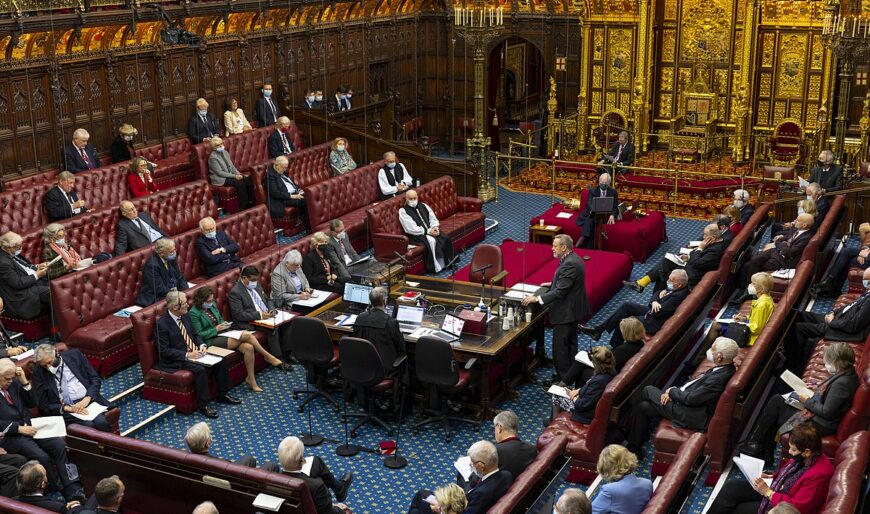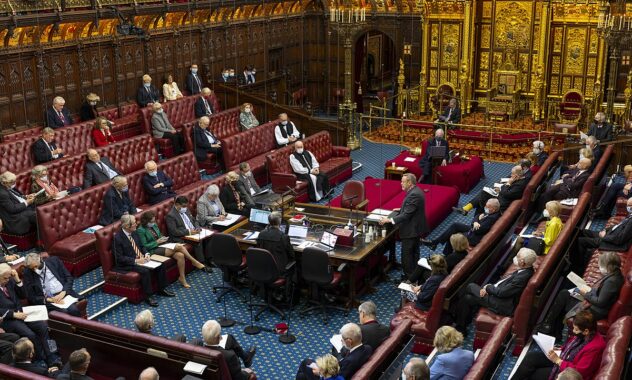Government defeated yet again in the Lords over Minimum Service Levels
Defeat number 76 in total in this Parliamentary session

The Government suffered another defeat in the House of Lords on Tuesday on its Strikes (Minimum Service Levels) Bill, as yet another opposition amendment was voted through.
The Government suffered the defeat on an amendment to the Strikes (Minimum Service Levels) Bill, to insist that the Secretary of State “must publish draft regulations, conduct an impact assessment, consult with relevant parties and provide reports to a Joint Committee who must publish a review before minimum service regulations can be made”.
Lord Collins of Highbury moved Motion A1, as an amendment to Motion A, at end to insert “and do propose Amendment 2D in lieu—
2D Page 3, line 31, at end insert—
“(5) Minimum service regulations may only be made if—
(a) the Secretary of State has published draft regulations;
(b) the Secretary of State has consulted the International Labour Organisation and given due consideration to such advice as it has proffered;
(c) the Secretary of State has conducted an impact assessment of the effect of the draft regulations on the services to which the draft regulations relate, addressing, in particular, the effect—
(i) on the general public;
(ii) on the conduct of these services;
(iii) on the conduct and effectiveness of the exercise of the right to strike in those services;
(d) the Secretary of State has conducted a consultation with the representatives of trade unions, employers and any other interested party on the draft regulations and on the matters to be addressed by the impact assessment and, in particular, on whether the draft regulations should or do sufficiently provide, so far as possible under section 234F(2)(a), for protection of workers who do not receive a work notice or fail to comply with it, and for the identification of the “reasonable steps” which a union must not fail to take under section 234E and those which it is reasonable for it not to take;
(e) the Secretary of State has laid before Parliament a report on any advice proffered under paragraph (b) and the consultation under paragraph (d);
(f) the Secretary of State has placed before a Joint Committee of both Houses of Parliament, convened for the purpose of reviewing them, the impact assessment under paragraph (c) and the report under paragraph (e) and the Joint Committee’s review has been published in a report to Parliament.”
The vote was 224 to 203 infavour of the amendment. This means the Bill will go back to the Commons again.
If passed unamended, the Bill would mean that when workers lawfully vote to strike in health, education, fire, transport, border security and nuclear decommissioning, they could be forced to attend work – and sacked if they don’t comply.
TUC research found the right to strike of a massive 1 in 5 workers in Britain – or 5.5 million workers – is at risk as a result of this legislation.
The Bill will give ministers the power to impose new minimum service levels through regulation. But MPs have been given few details on how minimum service levels are intended to operate.
TUC General Secretary Paul Nowak said:
“This spiteful bill is an attack on the fundamental right to strike – that’s why peers have once again exercised common sense and defeated it in the House of Lords. No one should be sacked for trying to win a better deal at work.”







